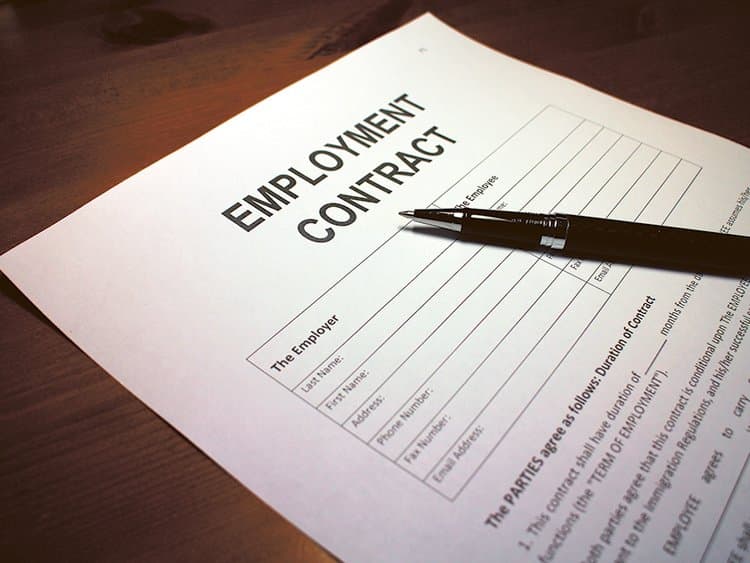For any legal queries or information, contact ask@tlr.ae or call us on +971526443004

Labour Law: Termination and Compensation in the UAE
The new labour law in the United Arab Emirates (UAE) has made significant changes to the rules concerning employee termination and compensation. The changes are designed to enhance the rights of workers and establish a more unbiased work environment for both employers and employees.
Termination of Employment
UAE emphasizes fair treatment and due process when terminating an employee from work. To prevent unfair dismissal of workers, it law ensures that the employers give prior notice period before for the termination. Poor performance, disciplinary problems, redundancy, or the completion of a particular project are all acceptable grounds for termination. The notice period can vary depending upon the mutual agreement between the employee and employer.
In order to terminate an employee, the employer must now provide a written notice with a minimum notice period dependent on the length of service. Depending on the length of employment, the notice period can be anything between one and three months.
Compensation for Termination
According to the law, the employees are entitled to receive end-of-service benefits (EOSB) upon termination of their employment. It is calculated based on the employee's length of service and their last drawn basic salary.
Earlier for employees with an unlimited contract, the EOSB calculation is as follows:
For the first five years of service, there will be 21 days of basic pay.
30 days of the basic salary for every year of service after the first five.
For employees with a limited contract, the EOSB is calculated on a pro-rata basis. The employee is entitled to receive 21 days of basic salary for each year of service for the first three years, and 30 days of basic salary for each additional year.
The new labour law also ensures that employees who resign from their positions are entitled to receive EOSB. However, the employee should have completed at least one year of continuous service.
Arbitrary Dismissal and Compensation
The new labour law provides compensation for employees who have been unfairly terminated and protects against arbitrary dismissal. The company may be obligated to provide compensation to the employee if they are fired without cause or without completing the correct processes. A month's salary or more may be paid as compensation, which is decided by the Labour Dispute Settlement Committee.
Resolution of Disputes
For any disputes arising from termination or compensation issues, the new labour law enables the employers and employees to resolve the matter amicably between themselves. If a settlement cannot be reached, either party can approach the relevant authorities, such as the Ministry of Human Resources and Emiratisation.
To manage conflicts relating to employment, the UAE has established labour courts. These courts work to provide a swift conclusion and a fair and unbiased verdict.
A balanced workplace is promoted by the considerable modifications to the termination and compensation rules introduced by the UAE's new labour law. It emphasizes the necessity of employers giving good cause for termination, lays out notice requirements, and ensures that workers receive their due end-of-service benefits.The law safeguard both employer and employee rights while promoting harmony and productivity at work in the UAE.